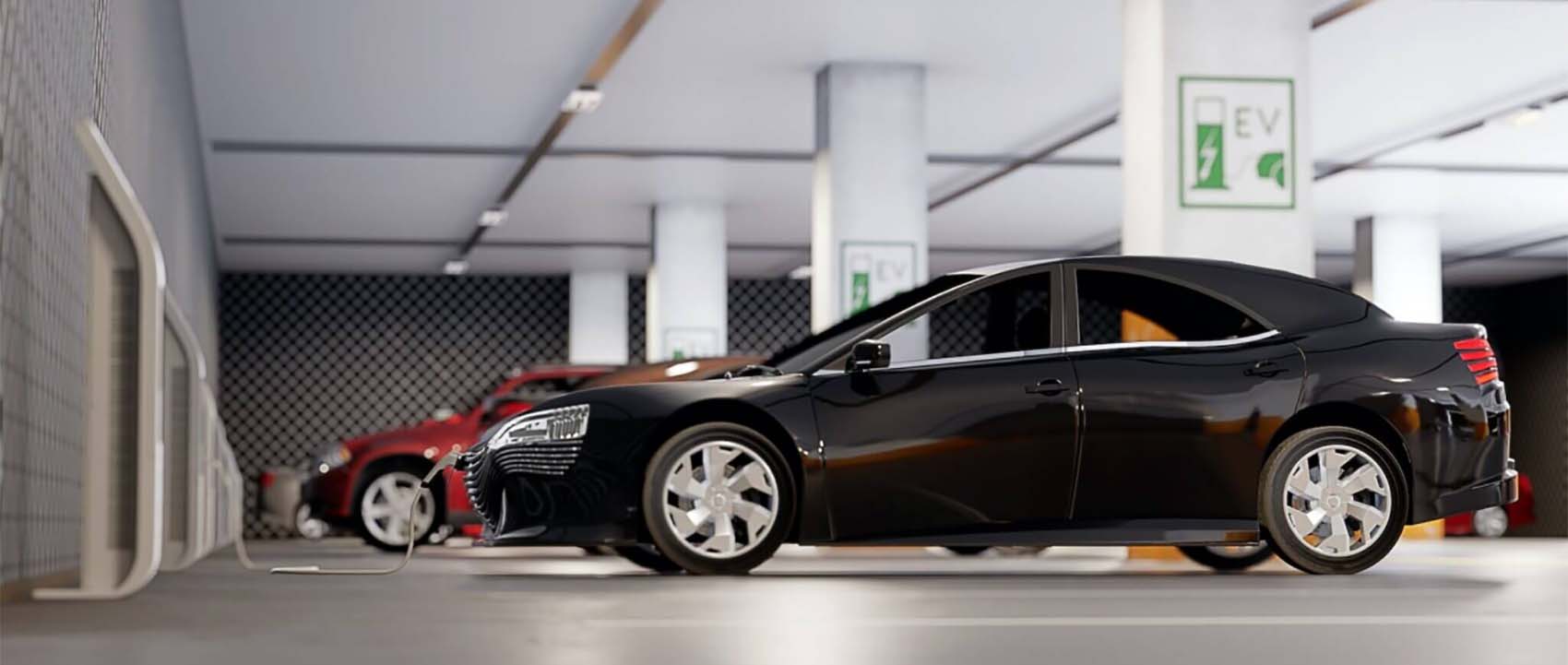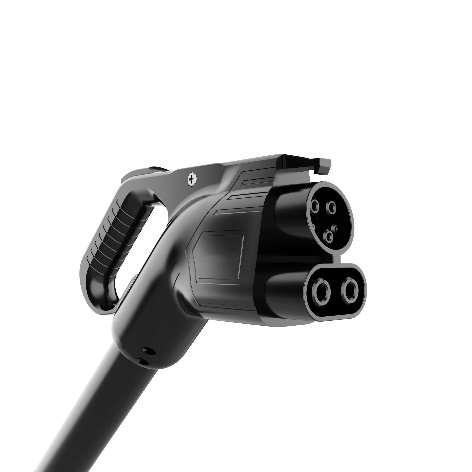Do Electric Cars Save You Money?

When it comes to purchasing a new car, there are so many things to take into consideration: buy or lease? New or used? How does one model compare to another? Also, when it comes to long-term considerations and how the wallet is impacted, do electric cars really save you money? The short answer is yes, but it goes much further than just saving money at the gas pump.
With thousands of options out there, it's no wonder that buying a car can result in stress. And with electric vehicles hitting the market in droves, it adds an extra layer to the process if you're purchasing for personal use or your company's fleet.
If you're considering buying a vehicle, it's important to factor in the long-term cost and benefits of the model, which includes maintenance and the cost to keep it fueled or charged.
How Can Electric Cars Save You Money?
Fuel Savings:
When it comes to keeping the car running, the cost to charge an electric vehicle far outweighs traditional gas. But how much money do you save with electric cars? Consumer Reports found that EVs can save on average $800* in the first year (or 15k miles) compared to traditional 2- and 4-door cars. These savings only increase versus SUVs (average of $1,000 savings) and trucks (average of $1,300). Over the lifetime of the vehicle (around 200,000 miles), owners can save an average of $9,000 versus internal combustion engine (ICE) cars, $11,000 versus SUVs and a whopping $15,000 versus trucks on gas.
One of the big reasons for the cost discrepancy is that, not only is electricity less expensive than gas, those who own EVs for personal use and fleets often charge their vehicles during “off-peak” hours — overnight and on weekends when there is less demand for electricity. The cost during off-peak hours depends on your location, but the price typically drops when you choose to use electricity for appliances and vehicles between 10 p.m. and 8 a.m.
The U.S. Department of Energy reports that while gas prices can fluctuate wildly over time and even day to day (or even hour to hour during moments of difficult social, political and economical events), the price for electricity is stable. The price for charging over the lifespan of the vehicle is likely to stay steady.
Incentives:
Another aspect that is location-specific but can save you money when choosing an electric vehicle over standard is federal, state and local incentives for EV owners. Both the federal government and state governments typically provide credit incentives, meaning you can claim an electric vehicle on your taxes and receive a tax break. The amount and time period differ, so it's important to research your region. We've provided a Tax & Rebates resource guide to help you.
Local utilities may also provide incentives for electric vehicle owners and fleets, giving you a break on electricity costs. For more information regarding whether your utilities company provides incentives, it's suggested that you contact them directly.
For commuters and fleets, other incentives may exist as well. In many cities, tollways and carpool lanes allow for EV use at a reduced cost or free.
Maintenance and Repair:
Maintenance is an important requirement for any vehicle if you're hoping to get long-term use out of the car. For gas-powered vehicles, regular oil changes are needed every 3-6 months typically to ensure parts stay lubricated to reduce friction. Because electric vehicles don't have the same parts, they don't require oil changes. Additionally, they contain fewer moving mechanical parts in general, therefore requiring less lubrication maintenance, and because they use antifreeze for their AC cooling systems, AC-recharging isn't necessary.
According to another Consumer Reports study, electric car owners save an average of $4,600 in repairs and maintenance over the lifespan of the car compared to vehicles that require gas.
Charging Times and Distance
One of the biggest concerns people have about purchasing an electric vehicle is charging. With advancements in technology, options for home car charging station solutions are taking off as EVs can now go much further — often surpassing 300 miles on a single charge — than ever before. What's more: With Level 2 charging, like the type you get with EvoCharge iEVSE Home units, you can charge your vehicle 8x faster than standard Level 1 charging that typically comes with your vehicle, eliminating concerns about the time it takes to get back on the road.
Adding Up How Much Money You Can Save Driving an Electric Car
EV owners can save $800 or more by not having to pump gasoline in the first year driving their EV. If you drive your EV for 200,000 total miles, you could save as much as $9,000 without needing fuel. On top of avoiding fill-up costs, EV drivers save an average of $4,600 in repairs and maintenance over the lifespan of the vehicle. If you're ready to enjoy how much money electric cars can save you, check out the latest in Nobi EVSE technology for home use.
Post time: Jan-05-2023











